১৩ ফাল্গুন ১৪৩২
Republican Rift Deepens as Lawmakers Defy Trump Over Epstein Files and 2026 Electoral Pressures
24 November 2025 19:11 PM
NEWS DESK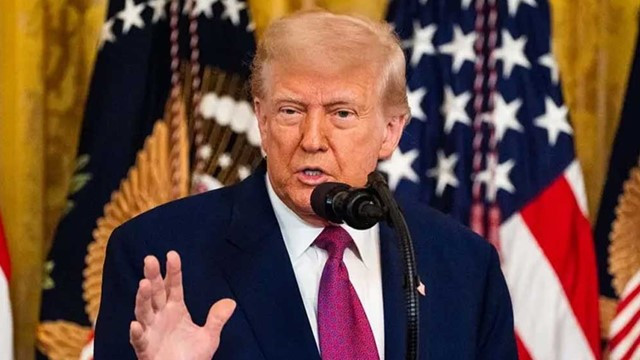
Congressional Republicans are increasingly signaling their willingness to distance themselves from President Donald Trump as they push forward legislation requiring the release of government records related to former Trump associate Jeffrey Epstein—despite direct pressure from the president to block the effort.
The move highlights a growing shift within the GOP: lawmakers appear more focused on safeguarding their own political futures ahead of next year’s midterm elections than on preserving Trump’s influence within the party.
Several Senate Republicans have refused to endorse Trump-backed filibuster tactics that threatened to stall key economic legislation. In some states, Republican officials have also blocked Trump’s aggressive attempts to reshape congressional district maps—efforts critics said could have strengthened GOP dominance but also potentially exposed Trump to political vulnerability.
Weak Polling Fuels GOP Concerns Ahead of 2026 Cycle
Recent polling shows Trump and his party underperforming in multiple battleground states as the 2026 election cycle approaches, raising concerns over who will ultimately control Congress. Voters cited rising costs of living and what they view as Trump’s dismissive approach to the economy—issues he had previously vowed to fix.
Republicans privately acknowledge a shift they say was “inevitable,” given Trump’s tumultuous leadership and the fragility of his political standing. Representative Thomas Massie of Kentucky—who forced a vote on the Epstein records despite Trump’s threats and personal attacks—warned colleagues of the risks of aligning unconditionally with the president.
“Republicans Are Becoming Less Willing to Follow Blindly”
Political commentator and former Obama adviser David Axelrod said Trump’s weakening position will likely accelerate GOP independence.
“If the economy doesn’t recover and his numbers don’t bounce back, Republicans will feel less inclined to follow him blindly,” Axelrod said. “This trend will speed up as states finalize their primary deadlines and lawmakers feel freer from the threat of Trump-backed challengers.”
Recent GOP Defeats Expose Deepening Leadership Divide
Trump’s declining approval ratings and the party’s losses this month have widened divisions among Republican leadership in both chambers. Lawmakers who once acted in lockstep with Trump are now openly questioning key administration actions, including the legality of recent lethal maritime strikes targeting individuals accused of drug trafficking—operations reportedly conducted without congressional oversight.
Republicans have also joined bipartisan efforts to impose tougher sanctions on Russia, signaling a notable break from Trump’s earlier positions.
Pushback on Trump’s Tariff Rebate Proposal
Trump’s announcement that he intends to distribute tariff rebate checks was met with swift resistance from Republicans on Capitol Hill, who argue the plan is fiscally reckless and politically risky.
As the party looks ahead to 2026, many GOP lawmakers appear increasingly focused on political self-preservation—and on preparing for a post-Trump future.







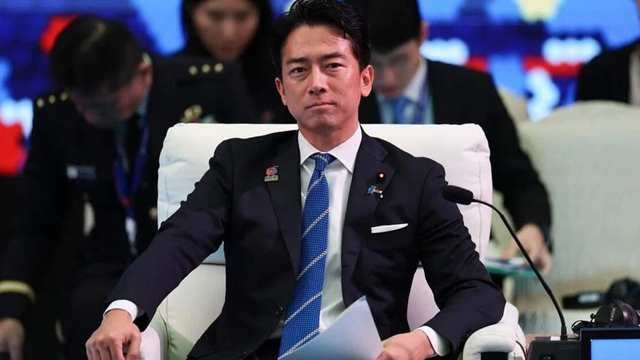
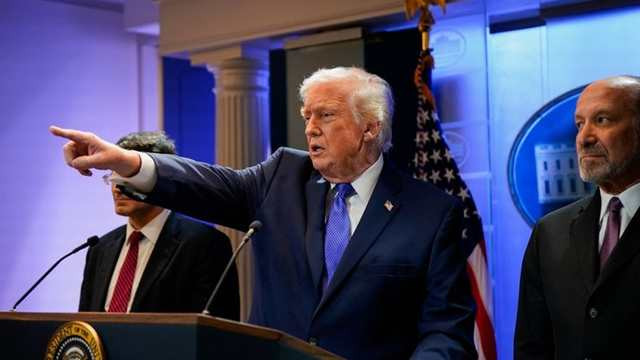

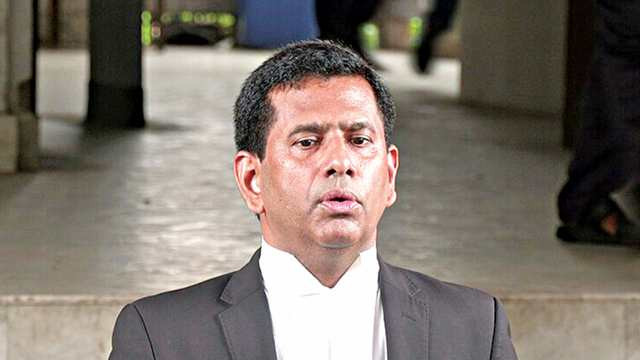




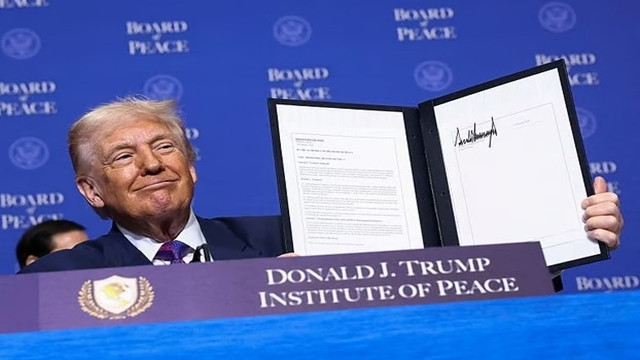


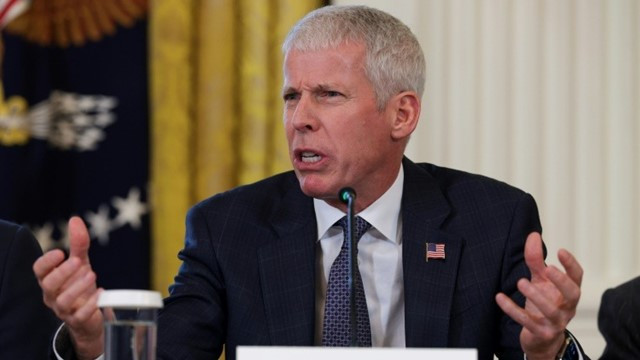
Comments Here: